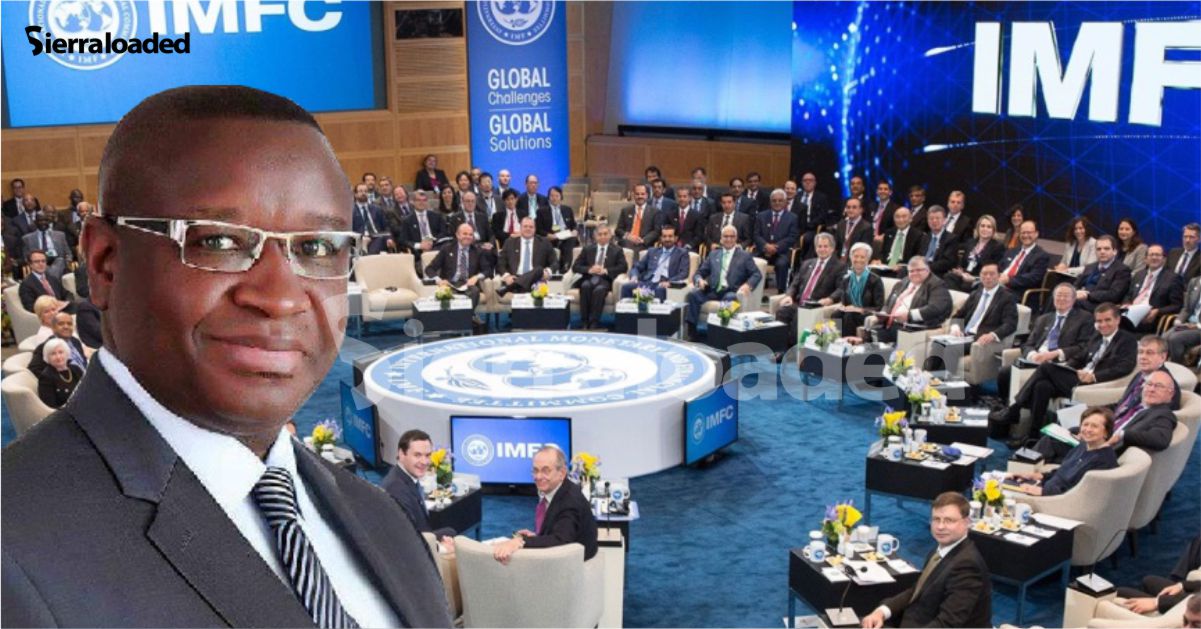The International Monetary Fund (IMF) has reportedly suspended all monetary funding to the Government of Sierra Leone, triggering an emergency review meeting on funds disbursement scheduled for April.
According to a report by the New Age Newspaper, the IMF’s decision to halt funding stems from significant budgetary overruns on road projects and infrastructure. This has prompted the international financial institution to urgently seek a staff-level meeting to discuss the government’s alleged failure to meet agreed-upon criteria.
The report highlights concerns that the IMF’s action could have severe repercussions on the disbursement of funds from other multilateral agencies, such as the World Bank.
When contacted for confirmation, the Financial Secretary to the President, Matthew Dingie, reportedly offered no direct response to the substance of the allegations, focusing instead on the source of the information. Similarly, the Minister of Finance, Fanta Mahdi Bangura, is reported to have declined to comment on the IMF’s decision when questioned by the newspaper.
In October 2024, the IMF’s Executive Board approved a 38-month arrangement under the Extended Credit Facility (ECF) for Sierra Leone, totaling SDR 186.663 million (approximately US$248.5 million).
This arrangement aimed to support Sierra Leone’s National Development Plan 2024-30 by restoring stability, addressing fiscal vulnerabilities, reducing inflation, rebuilding reserves, fostering inclusive growth, tackling corruption, and strengthening governance. The approval allowed for an immediate disbursement of SDR 34.999 million (about US$ 46.6 million).
Following this agreement, an IMF mission engaged with Sierra Leone’s Ministry of Finance, Bank of Sierra Leone, and the National Revenue Authority in January 2025 to discuss progress on agreed reforms.
During that meeting, the IMF commended the government for initial steps but highlighted outstanding structural benchmarks, including issues related to road budgets and costings, as well as governance and corruption diagnostics, with further discussions planned for May.
While the IMF had previously commended the government for a drop in inflation and exchange rate stability, the latest reports suggest a significant shift in their assessment due to concerns over budgetary management, particularly concerning road infrastructure projects.











